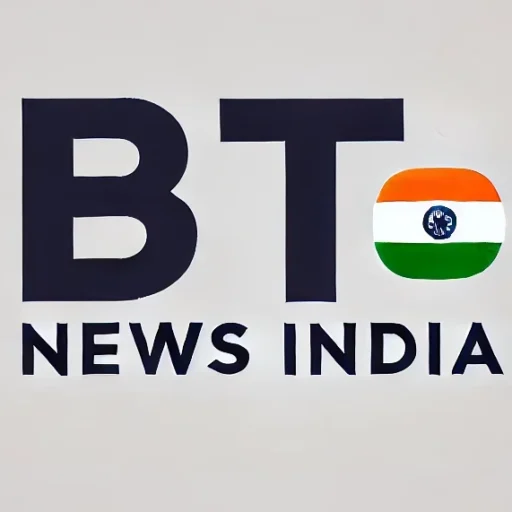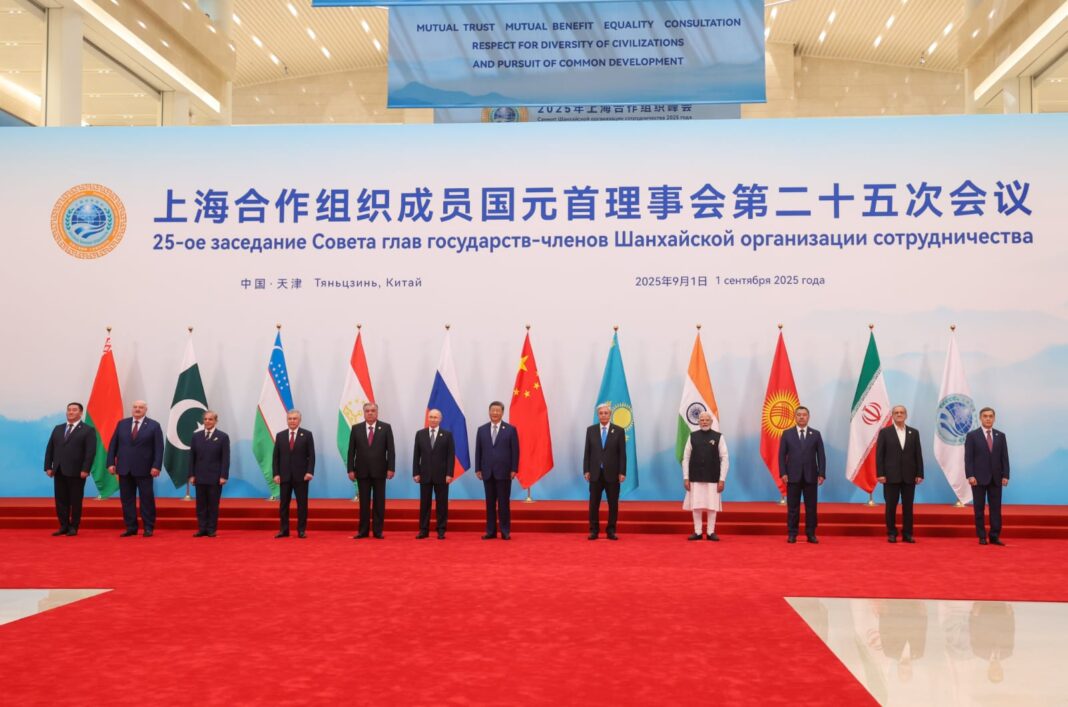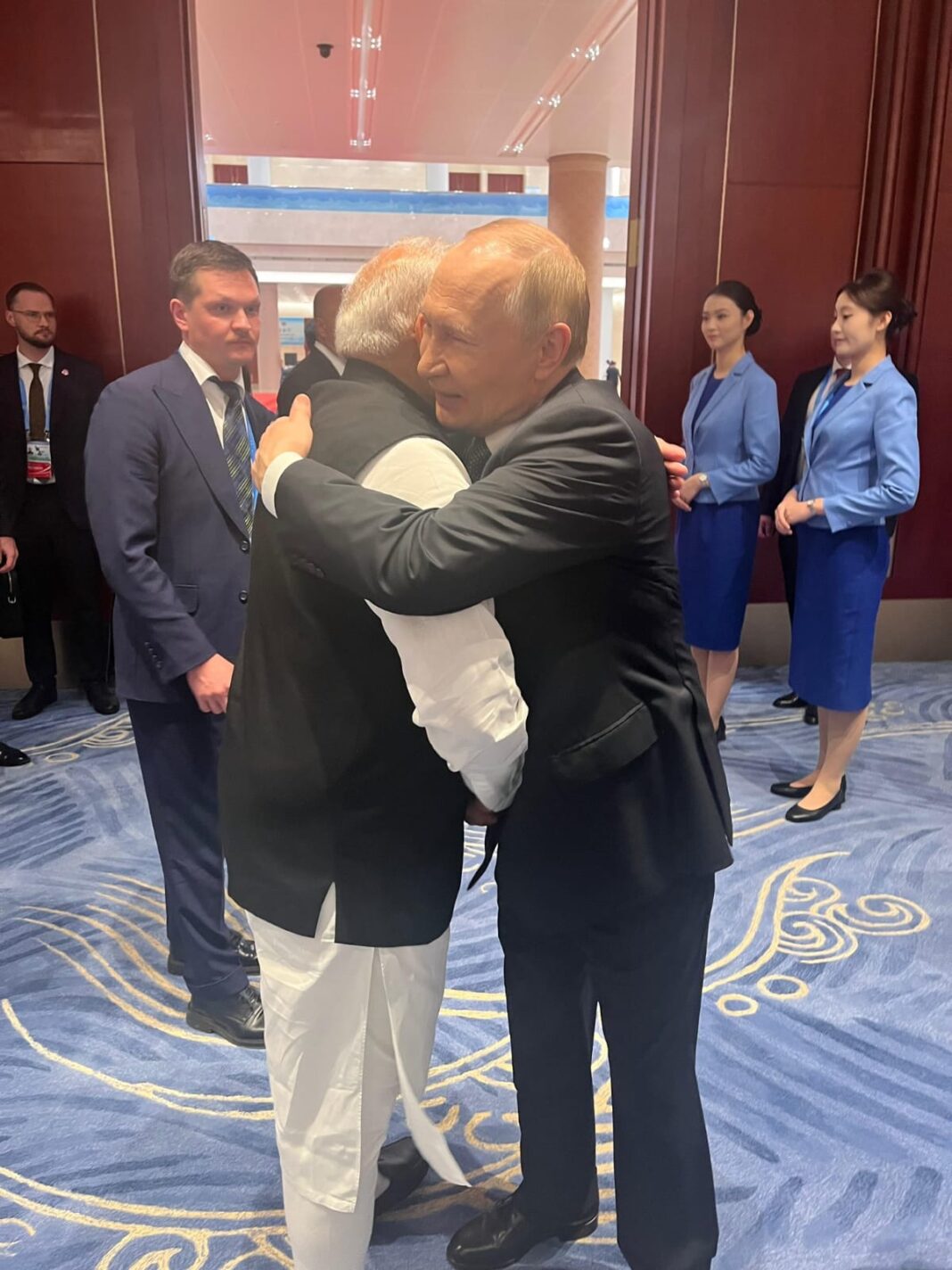Bilateral Talks with Xi Jinping and Putin Highlight India’s Commitment to Regional Peace and Cooperation
Published on: September 01, 2025
By: BTNI
Location: Tianjin, China
Prime Minister Narendra Modi made a powerful impact at the 25th Shanghai Cooperation Organisation (SCO) Summit in Tianjin, China, reinforcing India’s role as a key player in fostering regional security, economic cooperation, and global stability. Marking his first visit to China in seven years, PM Modi engaged in high-level bilateral discussions with Chinese President Xi Jinping and Russian President Vladimir Putin, emphasizing India’s commitment to peace, mutual respect, and a united front against terrorism. The summit, held from August 31 to September 1, brought together leaders from over 20 nations, showcasing India’s strategic diplomacy amid complex global challenges.
Upon arriving in Tianjin on August 30, PM Modi was warmly welcomed by the Indian diaspora and Chinese officials, setting the tone for a productive visit. In his address at the SCO plenary session, he called for a unified stand against terrorism, urging member states to adopt a “no double standards” policy and hold nations accountable for supporting cross-border terrorism. He specifically referenced the April 22, 2025, Pahalgam terror attack, which claimed 26 civilian lives, and thanked SCO members for their solidarity. The Tianjin Declaration, signed by all member states, echoed Modi’s stance, condemning the attack and calling for justice against its perpetrators, organizers, and sponsors.

Modi’s bilateral meeting with President Xi Jinping was a focal point of the summit, signaling a thaw in India-China relations strained since the 2020 Galwan Valley clashes. The leaders reviewed the positive momentum in bilateral ties, with Modi stressing that peace and tranquility along the border are essential for deeper cooperation. “We are committed to advancing our relations based on mutual trust, respect, and sensitivity,” Modi said, noting that cooperation between the two nations, representing 2.8 billion people, is vital for global welfare. Xi emphasized a strategic, long-term approach, stating that India and China should be “partners, not rivals,” and focus on economic development over border disputes. Modi also invited Xi to the 2026 BRICS Summit in India, an invitation Xi welcomed with assurances of China’s support for India’s BRICS presidency.
Equally significant was Modi’s meeting with Russian President Vladimir Putin, with whom he shared a warm moment, traveling together in the same car to their bilateral discussions. The 45-minute meeting covered cooperation in trade, energy, fertilizers, space, security, and culture, reinforcing the “special and strategic partnership” between India and Russia. Modi reiterated India’s support for peace initiatives in the Russia-Ukraine conflict, emphasizing the need for a durable resolution. Putin praised India’s efforts, alongside China’s, in facilitating dialogue to resolve the crisis, highlighting the strong ties between New Delhi and Moscow despite global pressures.
Beyond these key meetings, Modi engaged with leaders from Nepal, Egypt, Tajikistan, Armenia, Maldives, and Myanmar, strengthening India’s regional ties. His discussions with Nepal’s Prime Minister KP Sharma Oli underscored the deep cultural bonds between the two nations, while talks with Maldives’ President Mohamed Muizzu focused on developmental cooperation. Modi’s meeting with Egypt’s Prime Minister Mostafa Madbouly recalled his 2023 visit to Cairo, signaling growing India-Egypt friendship. These interactions underscored India’s multi-alignment strategy, balancing relations with major powers while maintaining strategic autonomy.
Also read- https://www.btnewsindia.com/mp-santosh-pandey-inaugurates-prime-ministers-jan-aushadhi-kendra-in-somni/ https://www.btnewsindia.com/dharparoom-emerging-as-a-new-tourist-destination-in-kanker-district/
The SCO Summit, hosted by China for the fifth time, adopted a ten-year development strategy, with Modi advocating for reforms in global institutions like the United Nations to reflect the aspirations of the Global South. He described the SCO as a guide for multilateralism and an inclusive world order, urging members to enhance cooperation in innovation, health, and cultural exchanges—areas India prioritized during its 2023 SCO presidency. The summit also addressed pressing issues like the Gaza crisis and Israel’s strikes on Iran, with members condemning actions causing civilian casualties.
As Modi departed Tianjin for Delhi, he described the visit as “productive,” emphasizing India’s firm stance on global issues and its commitment to regional cooperation. The summit, attended by leaders from SCO member states (China, India, Russia, Pakistan, Iran, Kazakhstan, Kyrgyzstan, Tajikistan, Uzbekistan, and Belarus) and dialogue partners like Turkey and Nepal, highlighted India’s growing influence in a multipolar world. Amid global trade tensions, including U.S. tariffs on Indian goods due to Russia’s oil imports, Modi’s diplomacy in Tianjin showcased India’s ability to navigate complex geopolitical dynamics while championing peace and progress.
Prime Minister Narendra Modi’s participation in the SCO Summit in Tianjin reaffirmed India’s leadership on the global stage. Through strategic dialogues with Xi Jinping, Putin, and other leaders, Modi advanced India’s vision for a secure, cooperative, and inclusive world order, while strengthening bilateral ties and promoting regional stability. As India prepares to host the 2026 BRICS Summit, Modi’s Tianjin visit has set a strong foundation for continued diplomatic success.




